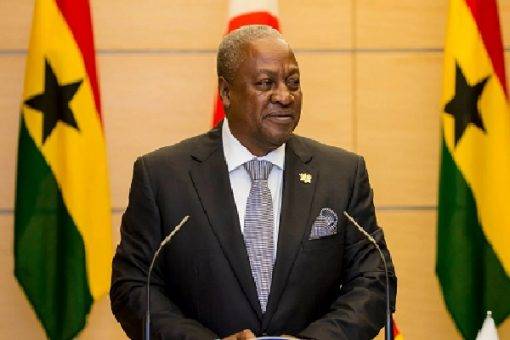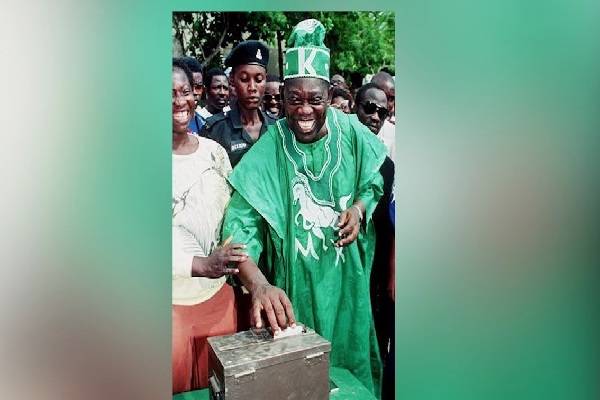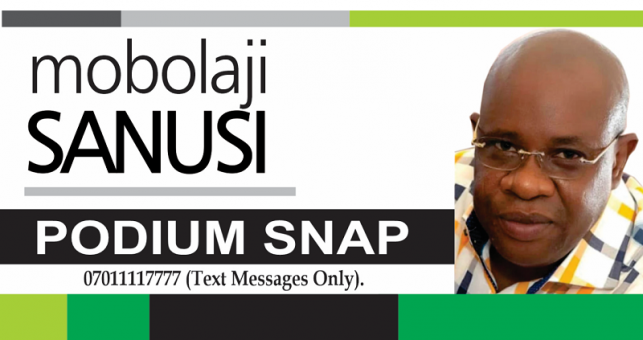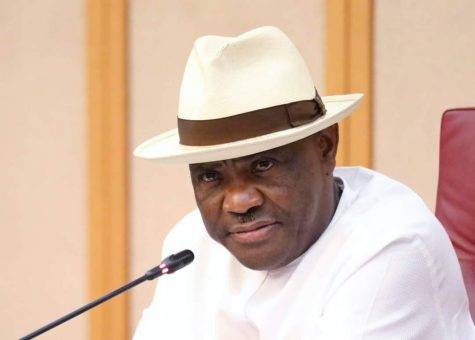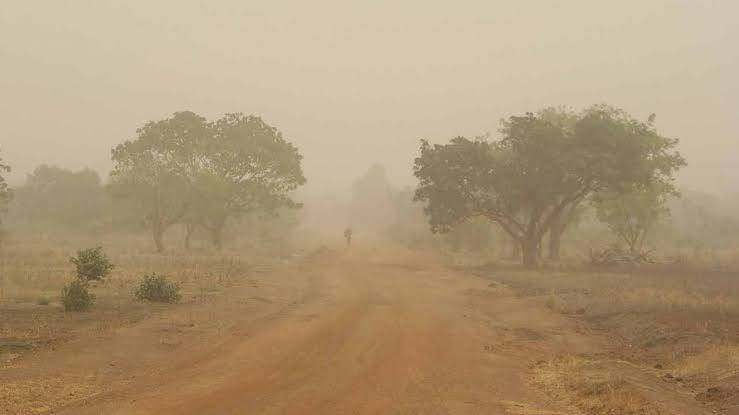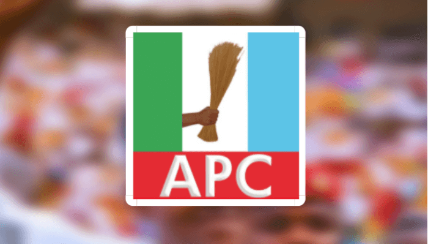By Jide Osuntokun
On December 9, the electoral commission of Ghana declared Dr John Dramani Mahama, candidate of the National Democratic Party (NDC) and former president elected president again after having lost power eight years ago to the Oxford University-educated 80-year old Nana Akufo -Addo of the New Patriotic Party (NPP). This time, the 68-year old Mahama defeated Akufo-Addo’s vice president, 61 years old Mammadu Bawumia , winning almost 57% of the vote . The people of Ghana seem to remember the infrastructural exploits of building roads and providing low cost housing for the vulnerable sector of the electorate and the general Joie de vivre in Ghana prevailing in the country during the time of Dr Mahama. There were accusations of corruption which remained unproven during the John Dramani Mahama’s years and the same has been levied against the Akufo-Addo presidency which has borrowed huge foreign loans to support its dollarization policy of the regime which has not solved the economic problems of Ghana despite the recent discovery of crude oil in the country and the rise in the country’s production of gold and other minerals, a rise which has been marred by indiscriminate illegal mining by Chinese itinerant miners whose activities are alleged to have devastated some communities in Ghana. Just like in Nigeria, where mineral exploitation has apparently led to the decline in agricultural production, cocoa production which is Ghana’s main foreign exchange earner has also declined.
Akufo-Addo presided over such a bad economy in a generation with high inflation, unemployment and huge almost unpayable debts that the (NPP) was driven out of power by a disappointed electorate. One great outcome of the election which was bitterly fought but which the losing candidate graciously conceded even before the final tally of the votes which other African countries including its bigger neighbour Nigeria should learn from.
The incoming president has promised to renegotiate the recently borrowed $3 billion from the IMF (International Monetary Fund) for the purpose of restructuring the economy. He has also promised to curtail the inflationary spiral and introduce tax reforms and bring back his previous policies of infrastructural modernization. How he would accomplish this without raising taxes remains a moot question. The problem with Ghana is overdependence on imports and the people’s taste for foreign goods and the neglect of home made goods. Perhaps this is the time for closer look at how to make the economy work for the people through closer integration with the economies of its neighbours in ECOWAS particularly the Ivory Coast and Nigeria. The recent election in Senegal that has led to questioning of old dogmas of colonial dependency and the military coups in Guinea, Niger, Burkina Faso, Mali and Chad manifesting opposition to previous colonial arrangements, should call the attention of any party coming into power in the region of the need for radical economic rethinking different from what sufficed in the past. Akufo-Addo when faced with economic problems at home chose the easiest victims of targeting Nigerian traders and imposing heavy charges of making them deposit some millions of dollars before they could be given trade permits thus ignoring the protocols of ECOWAS which allow freedom of movement of people and capital. This policy created bad blood between the country and Nigeria and did not solve the problems that they were intended to solve but rather complicated fraternal relations between Ghana and Nigeria. The incoming president would have to solve this problem but Nigerians must desist from taking liberty for license and abusing the freedom granted to them in another country as our compatriots have been accused of doing in Kenya, South Africa and Namibia and other places in Africa and outside the continent.
On a personal note, I wish to congratulate the new president of Ghana who by previous performance should be able to handle the problems of economic development of Ghana without hankering after a second term which seems to hinder the performance of newly elected presidents in African states and other parts of the world. Since he was president before, he is not new to the job because he presumably will be barred from another term. He is not new to the political and economic leaders of the West African region and Ghana’s trading and economic partners abroad. He can assume the friendship of Nigeria’s current leaders since he comes from the same ideological hue from the largely socialist tendencies of the APC ruling party in Nigeria.
On personal terms, he is well known in Nigeria. He has a doctorate degree honoris causa in literature from Ekiti State University. He is a creative writer on his own and a close admirer of Wole Soyinka and Chinua Achebe – two of Nigeria’s foremost writers. I have no doubt that in times of difficulties, the current government of Nigeria would give him support as much as possible because he is a friend of Nigeria unlike his predecessor Akufo-Addo who was openly envious if not totally hostile to Nigeria. Dramani Mahama‘s party the NDC sees itself as the inheritor of the radical legacy of Kwame Nkrumah, the founding father of Independent Ghana who built the country on nationalist foundation totally different from the ethnic tendencies of rivals who depended on Akan supremacy of the Asante/ Fante coalition whereas the party of Nkrumah’s tendencies tried to rally the smaller ethnic groups of Ghana notably the Ga, Nzima, Ewe and the Northern groups. This group seems to have held together despite the fact both candidates of the NDC and NPP are from the North. Coming from the North would also help the incoming president to understand and appreciate and prevent incursions of northern cattle rearers into the country and precipitating the kind of security problems in Nigeria and other West African states.
The economic mismanagement of Ghana was blamed on Muhammadu Bawumia who was in charge of the economic management of the country as vice president to the rather elderly Akufo-Addo who was more given to philosophical flourish and long speeches and Mammadu Bawumia paid for it by the defeat of his party. Whatever was responsible for the defeat of the ruling party, the tendency of the ruling party losing power in Africa has been established in Botswana, Namibia and even South Africa where the power of the ruling ANC was vastly reduced in recent elections and on a global level by the defeat of the Conservative Party by the Labour Party in Great Britain and the Democratic Party by the Republican Party in the USA.


